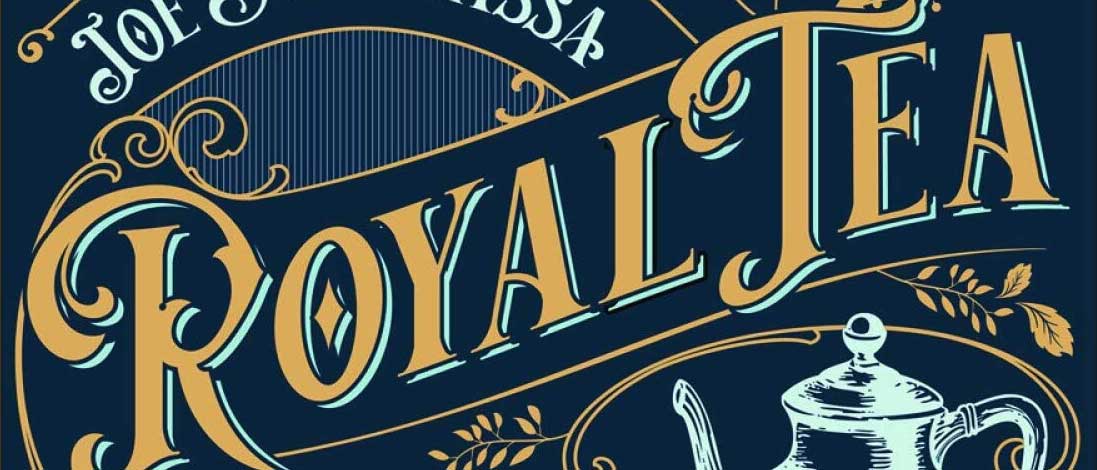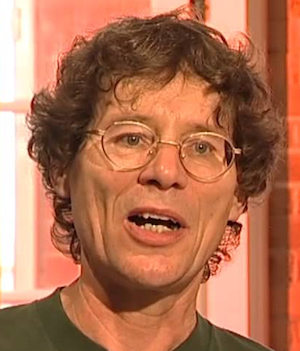Joe Bonamassa puts out a new studio album every two years, although he has been releasing an average of two albums a year for the past decade. These include live albums, collaborations with the likes of Beth Hart and sundry side projects, the latest being his instrumental outfit the Sleep Eazys. But it’s the studio albums that feed into his live shows, and lately Bonamassa has become more astute at finding a peg on which to hang.
His 2018 album Redemption focused on salvation in various forms. Royal Tea was recorded at EMI’s prestigious Abbey Road Studios, something that apparently was always on his bucket list.
He co-wrote the songs with his new best friend, former Whitesnake guitarist Bernie Marsden, with additional contributions from Pete Brown (Cream’s lyricist), Jools Holland and Dave Stewart.
Ever-present producer Kevin Shirley then opted for a big sound that characterises the album from the outset, with a grandiose, sweeping orchestral arrangement on When One Door Opens, out of which Bonamassa emerges with a slow, portentous melody reminiscent of early King Crimson before abruptly crashing into a Beck’s Bolero-style riff.
During the ensuing guitar antics his pedal board gets a vigorous work-out. Bonamassa knows what he does best and he is adept at reworking familiar traits to keep them fresh and invigorated. And there’s no risk of him repeating himself while new ideas are flowing at the current rate.
That’s best illustrated on the album’s title track, a spontaneous-sounding hard stomp inspired by media coverage of Harry ’n’ Meghan’s royal bust-up. His guitar veers almost subconsciously between Jeff Beck and Jimmy Page, while the lyrics gamely try to make sense of it all.
His regular band are energised by the big production as well, particularly drummer Anton Fig who gets a huge, fat-but-flat sound. Meanwhile, bassist Michael Rhodes gets his moment with a wicked sludgy riff that sets up the Zeppish Lookout Man, and keyboard player Reese Wynans revels in the rhythm of High Class Girl, a souped-up Green Onions.
The album ends with Lonely Boy, a rockabilly break-out for which Jools Holland is probably to blame, although the band need no encouragement and Bonamassa is inspired to try a couple of Django Reinhardt riffs. The best thing about Royal Tea is that every track could easily drop into Bonamassa’s live show – which is more than you can say for Redemption. Back on track in every sense.

